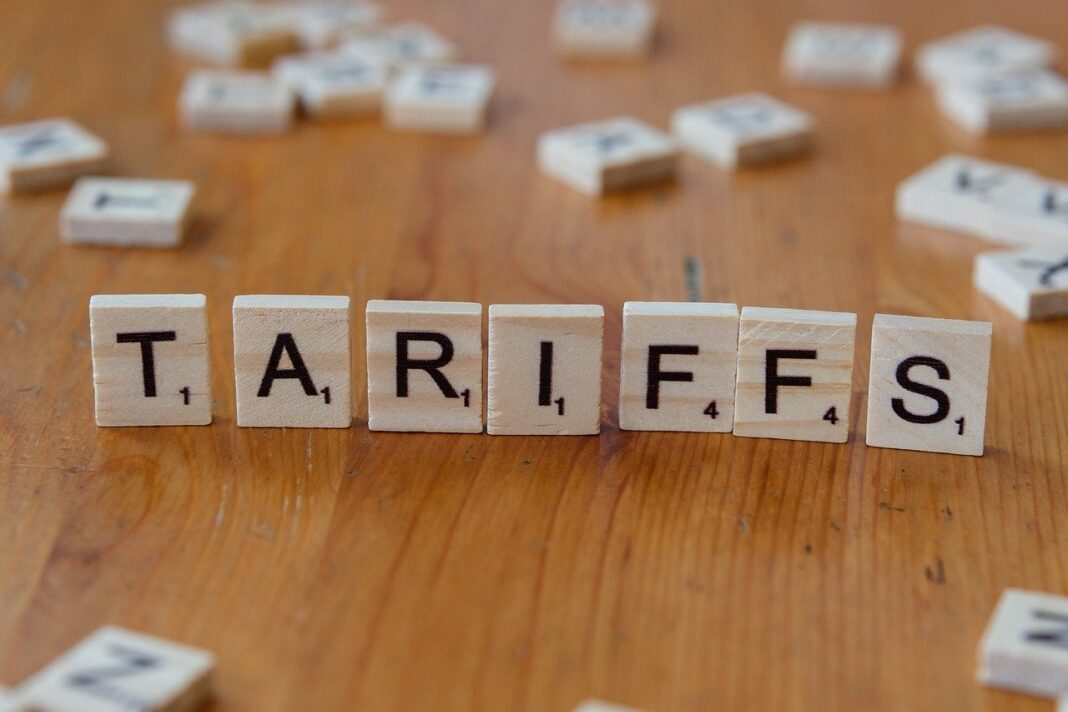A federal appeals court has ruled that tariffs imposed by President Donald Trump will remain in effect while the legal dispute over their legitimacy continues.
The decision, issued Monday by the United States Court of Appeals for the Federal Circuit, places a hold on an earlier ruling by the U.S. Court of International Trade. That lower court had found that the Trump administration overstepped its legal authority when it invoked emergency powers to impose broad tariffs on imported goods from dozens of countries.
According to the three-judge panel, maintaining the status quo during the appeal process serves the public interest, given the complexity and national significance of the case. The court emphasized that the legal questions involved are of “exceptional importance.”
Legal Background
In late May, the Court of International Trade sided with a coalition of U.S.-based importers and trade associations who argued that the former president’s use of the International Emergency Economic Powers Act (IEEPA) to justify the tariffs was unlawful. The plaintiffs contended that the IEEPA does not grant the president unilateral authority to impose trade restrictions unrelated to a genuine national emergency.
The Trump administration, supported by current executive branch officials, immediately appealed the decision and requested a stay to allow the tariffs to remain in place pending further review.
The tariffs, often referred to as the “Liberation Day” duties, include a 10 percent blanket tariff on most imports, along with elevated “reciprocal tariffs” targeting specific countries such as China, Mexico, and Canada. These reciprocal measures mirror or exceed tariffs that those countries levy on U.S. goods, with some rates surpassing 100 percent.
The legal challenge does not affect existing tariffs authorized under separate statutes, including Section 232 tariffs on steel and aluminum.
The Federal Circuit Court has scheduled oral arguments for July 31, 2025, and will hear the case en banc, involving all active judges on the court. A final decision is expected later this year.
If the appellate court upholds the lower court’s ruling, the Biden administration may be required to halt collection of the contested tariffs and potentially issue refunds to affected importers. If the decision is reversed, the precedent could expand presidential authority in the realm of trade policy under emergency powers.
Until the appeals process concludes, the tariffs will remain in force.




